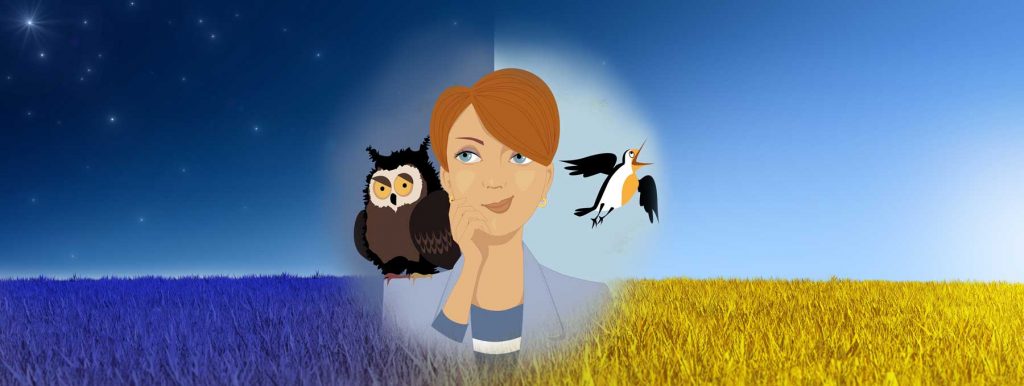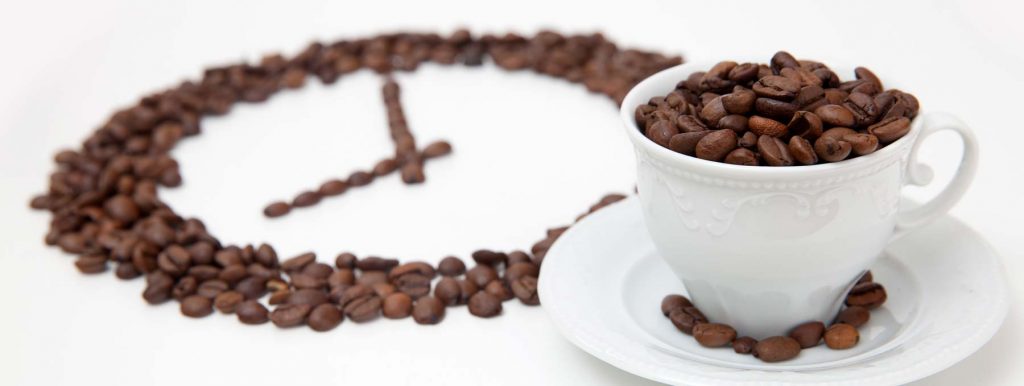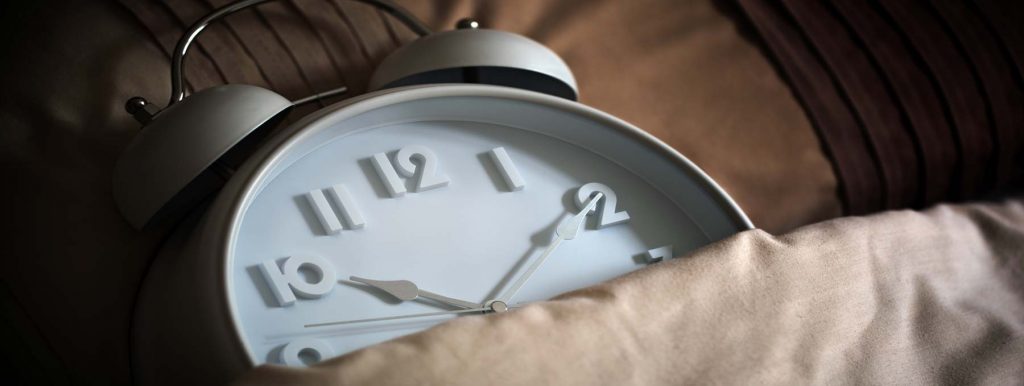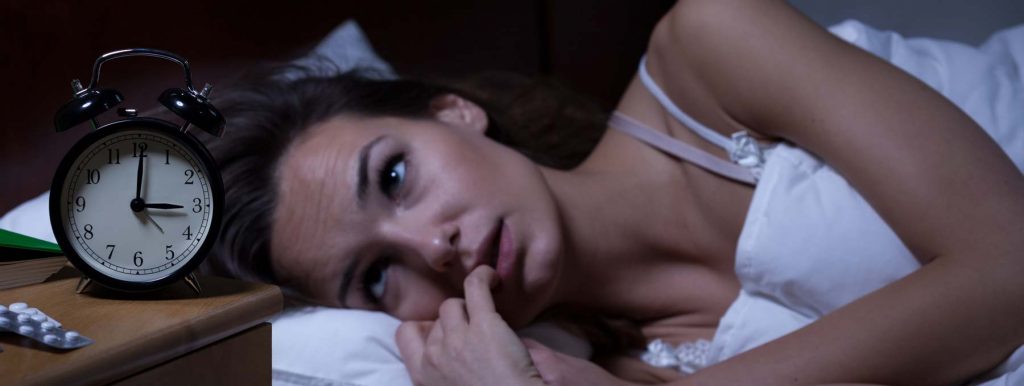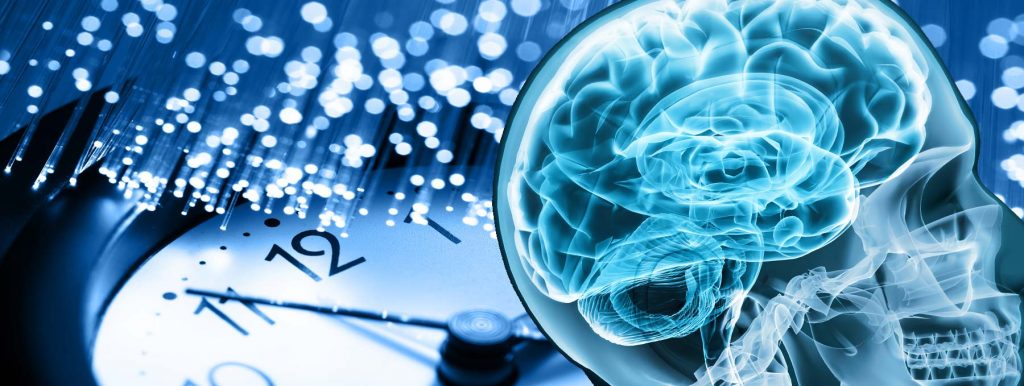The early bird may catch the worm, but a new study on chronotypes suggests that night owls are most intelligent. Almost all animals have some sort of circadian rhythm, or 24-hour biological clock. Nerve centers in the suprachiasmatic nucleus of the brain perceive light, which cues the body to release hormones and undergo a variety […]
How Caffeine is Shifting Your Internal Clock
More than 50 percent of Americans use coffee and other caffeinated beverages on a regular basis. Coffee has been referred to as a social lubricant, with many business deals and relationships built over a steaming cup. However, a cup of coffee in the afternoon or evening may be having negative health effects of which caffeine […]
Sleep Timing vs. Sleep Length: Which Matters More?
Most sleep recommendations are written based on duration. We have all heard how important it is to get eight hours at night, but little is said about when to sleep. However, the sleep recommendations may be changing soon, as new chronobiology research suggests that when you sleep is just as important as how long. Sleepy […]
Could Disturbing Your Biological Rhythms Cause Infertility?
With around 12 percent of women of reproductive age having trouble conceiving, infertility is a serious problem in the United States and throughout the world. Many cases of infertility are idiopathic, which means doctors cannot identify a reason for the difficulty in conceiving. However, a new study published in the Journal of Occupational and Environmental […]
Simple Two-Cycle Device Turns Brain Neurons Off and On All Day Long
Controlled by two different biologic mechanisms found in the body, the sleep-wake cycle balances and interacts with one another. Originally posited in the early 1980s by a Swiss sleep scientist named Alexander Borbely, the model is typically known as the sleep-wake regulation two-process model. These two key processes consist of the following: 1. Sleep-Wake Homeostasis […]
- « Previous Page
- 1
- …
- 8
- 9
- 10
- 11
- 12
- …
- 15
- Next Page »
